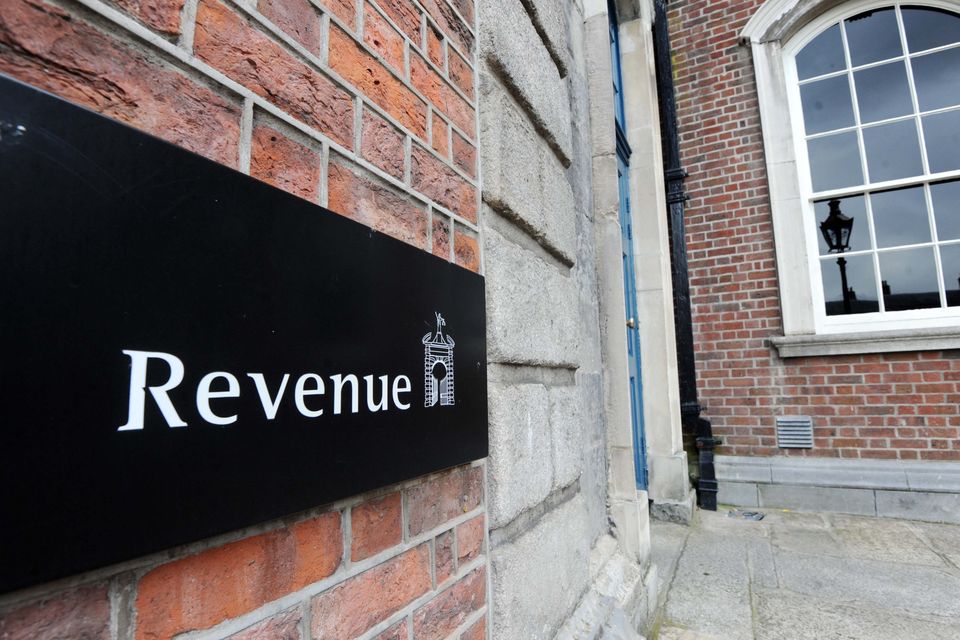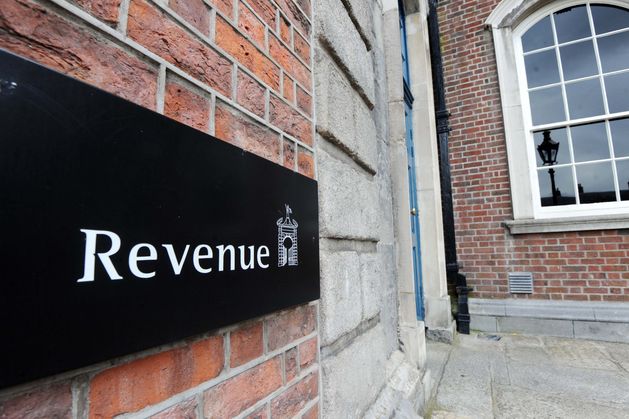The tax authority is to tell property owners that the new valuation will apply for the Local Property Tax (LPT) from next year.
The LPT is going up next year in a move that means most homeowners will pay more.
This is because the revaluation exercise is being carried out for the tax. The last valuation dates back to 2021.
Property values have shot up by more than 25pc since then but to avoid households facing huge increases in the tax the LPT bands will be widened.
Properties on the lower bands, which include the majority of houses in the country with valuations under €525,000, will see their bills increase by between €5 and €23 a year.
However many homeowners are facing big increases in the tax next year because their local authority has used its discretion to hike the tax.

Revenue is to write to homeowners about changes to the property tax. Photo: stock image
Today’s News in 90 Seconds – September 19th
A recent survey by the Irish Independent found large numbers of county councils have voted to use their discretion to increase what is called the Local Adjustment Factor in their area for next year, with many of these imposing the maximum 15pc increase.
Separate to that, Revenue wants homeowners to revalue their homes.
Revenue said in a statement: “Over the next few weeks Revenue will be corresponding with property owners to advise them about what they need to and when they need to do it.”
The tax body said property owners must determine the valuation band of their property on November 1 this year.
They are then required to submit their LPT return, including the valuation band. This must be submitted by November 7.
Homeowners are then required to pay or make arrangements to pay the LPT charge for 2026.
This new valuation band will apply for all LPT charges due from 2026 to 2030.
LPT is a self-assessed tax, which means property owners must assess the current market value of their residential property.
Revenue’s website includes updated guidance and an interactive valuation tool to assist with this.
The tool provides an estimated average valuation band for residential properties in each area, based on Eircode or location, the tax authority said.
“Revenue reminds property owners that the valuation tool is a guide only. Owners should consider their property’s features and condition and use additional information sources where needed to determine the most accurate valuation.”
Revenue’s Katie Clair said: “We are asking all residential property owners to take three simple but essential steps: determine your property’s valuation band, submit it to Revenue on your LPT return, and set up a payment method for 2026.
“This includes owners of properties that were not previously liable for LPT, but will be from 2026.”
Ms Clair claimed the process is quick and straightforward, and can be completed online within the LPT Portal, which can be accessed through Revenue.ie, myAccount or ROS.”
She also highlighted that:
“New or previously unregistered residential properties, for example, homes that were derelict but have been refurbished must now be registered for LPT and valued as at 1 November 2025. Owners of vacant properties are also required to submit an LPT Return. Even if you are exempt from paying LPT, you are still required to submit a Return,” she said.
